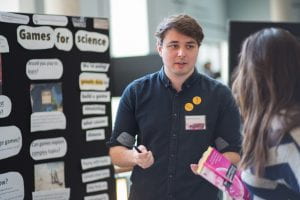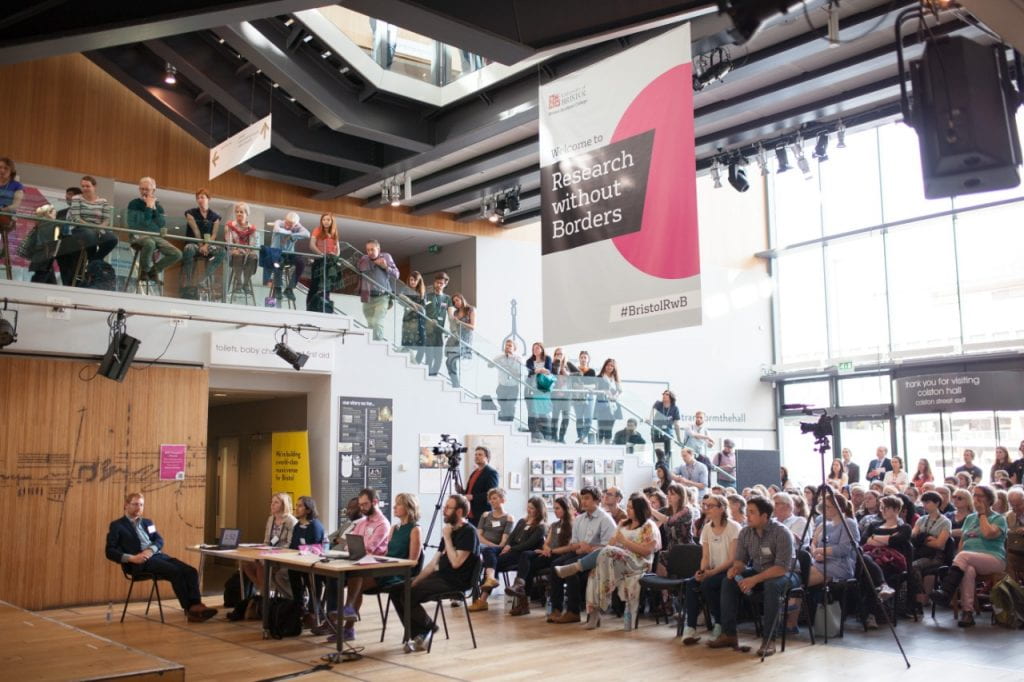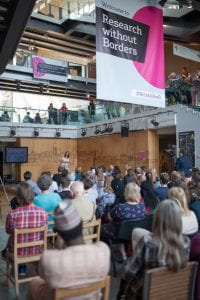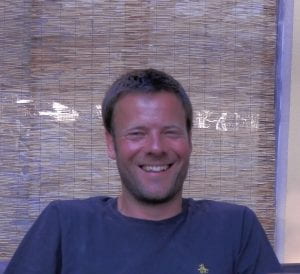As a research student at Bristol, you’re not just an important part of your school and faculty — you’re also a member of our thriving Bristol Doctoral College (BDC).
But what is the BDC, and how does being a part of it help postgraduate researchers (also known as ‘PGRs’) during their research degrees?
A key aim of the BDC is to support the development of postgraduate researchers across all research degree programmes, and to enhance their experiences with training, interdisciplinary events and opportunities.
The BDC has a small (but friendly) team who work to make that happen. A lot of our activity is centred on the Personal and Professional Development Programme, a specially curated selection of courses and resources that’s designed to support postgraduate researchers at every stage of their research degrees — from those early days of scoping and planning, to getting ready for that all-important viva.
We also hold events to welcome new postgraduate researchers to our vibrant community — and, in the case of the Research without Borders festival and Three Minute Thesis competition, give PGRs opportunities to connect, collaborate and share their fascinating research with the wider world. Since 2017, Research without Borders has concluded with a grand showcase exhibition in Colston Hall — putting the work of Bristol’s postgraduate researchers right into the heart of the city.
But it’s not all about festivals and large-scale events. Since October 2018, the BDC has overseen a dedicated space that PGRs can use on a day-to-day level. The PGR Hub, which is now on the second floor of the University’ s Senate House, is a place where PGRs can relax, take part in workshops and meet research students from outside of their school or faculty. And, by applying for our new PGR Community Fund, they can get support to make their own events happen in the space — whether it’s a movie quiz or a meditation session.
 As one of our postgraduate researchers said: “The BDC and the PGR Hub help you to connect with people from different disciplines, and make you feel like you’re part of one big PGR community.” We couldn’t have put it any better ourselves.
As one of our postgraduate researchers said: “The BDC and the PGR Hub help you to connect with people from different disciplines, and make you feel like you’re part of one big PGR community.” We couldn’t have put it any better ourselves.
Find out more about what we do, including supporting doctoral teachers and offering funding for placements, on the BDC webpages.
Images: Jenny Hardy




